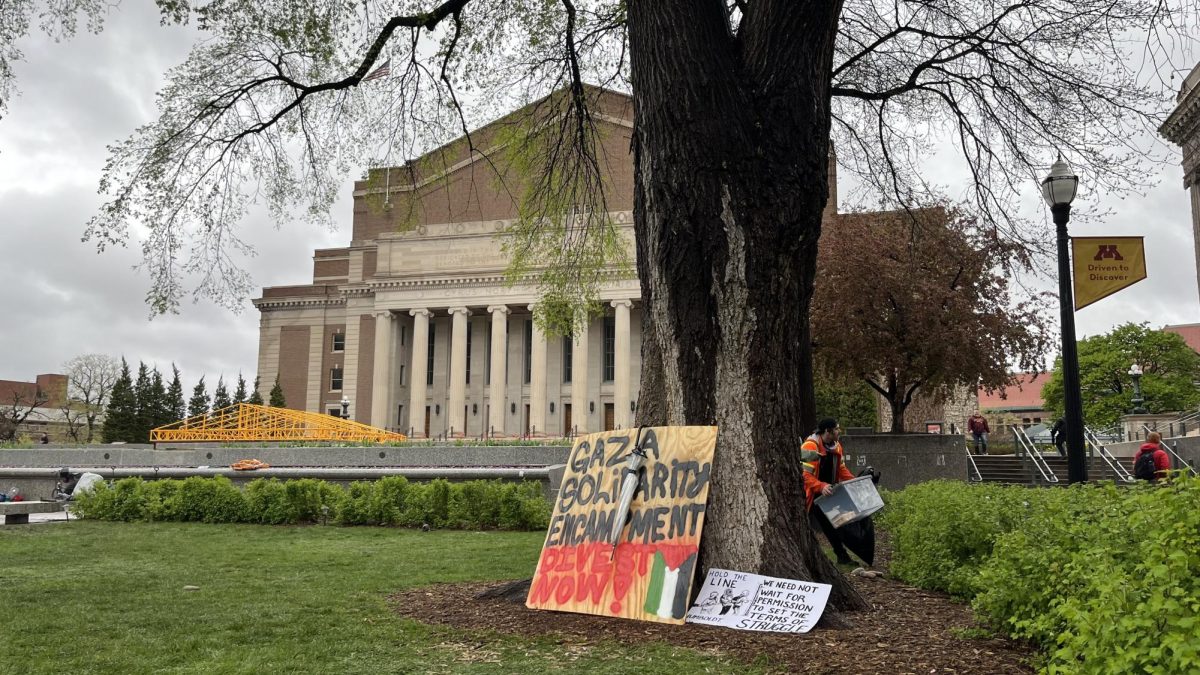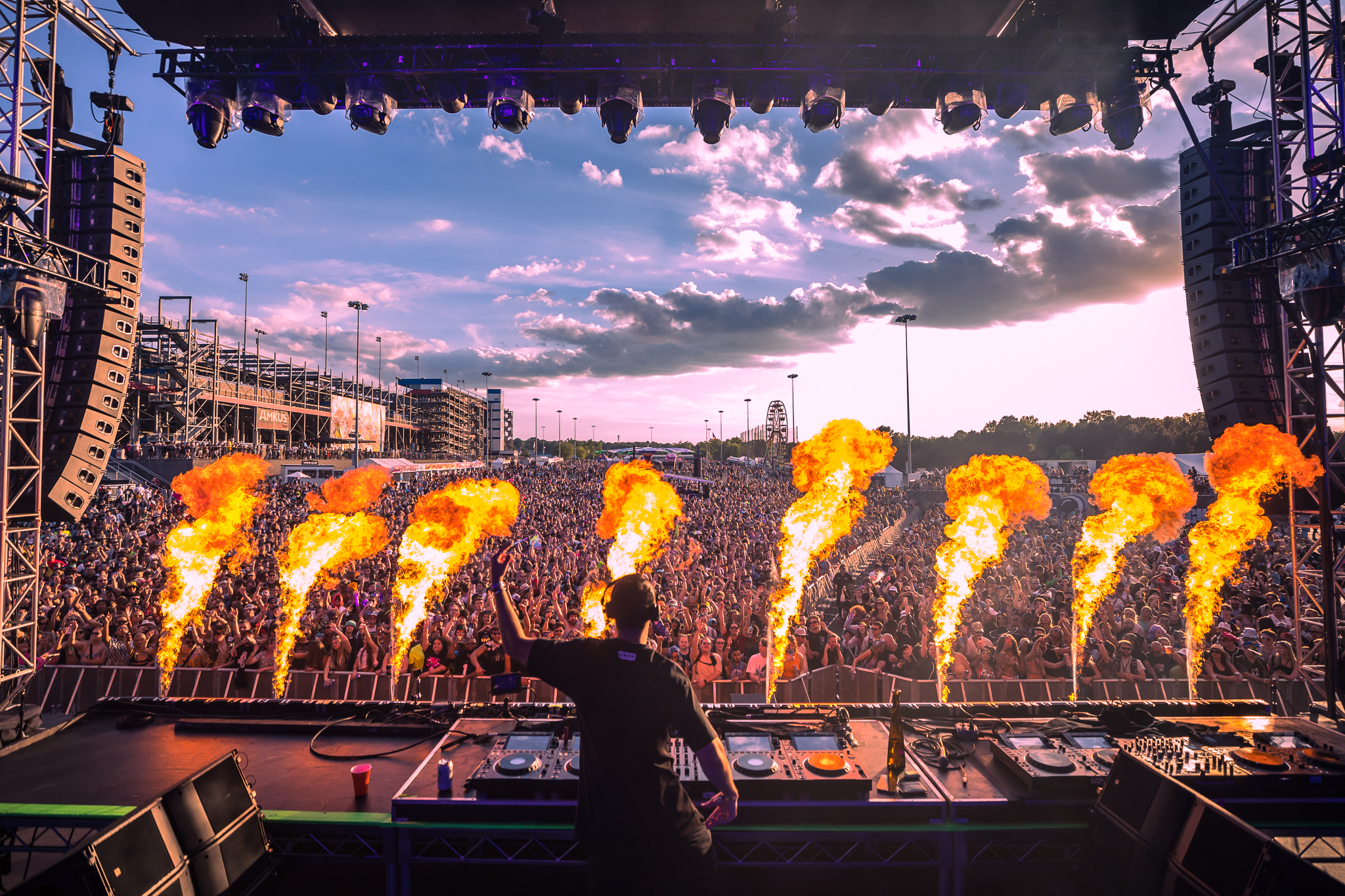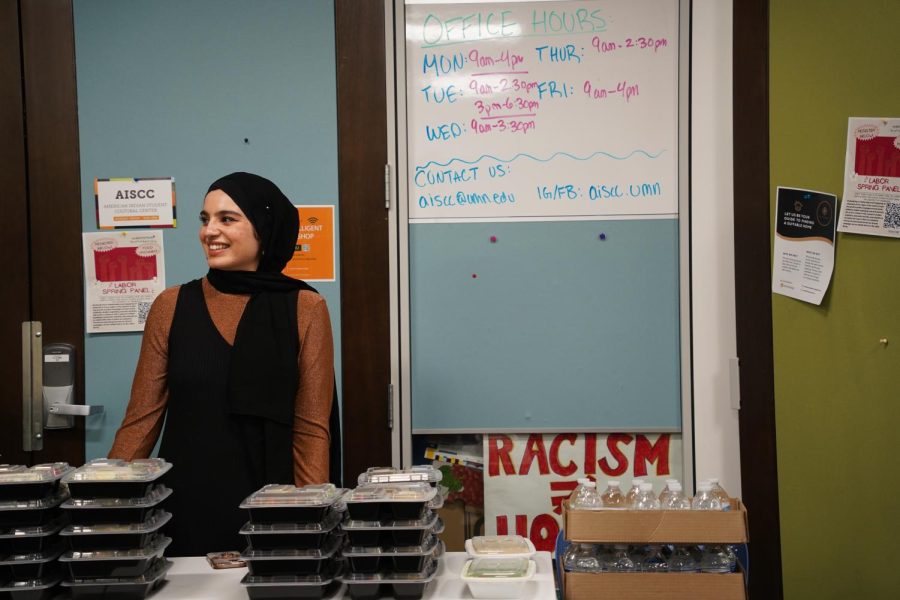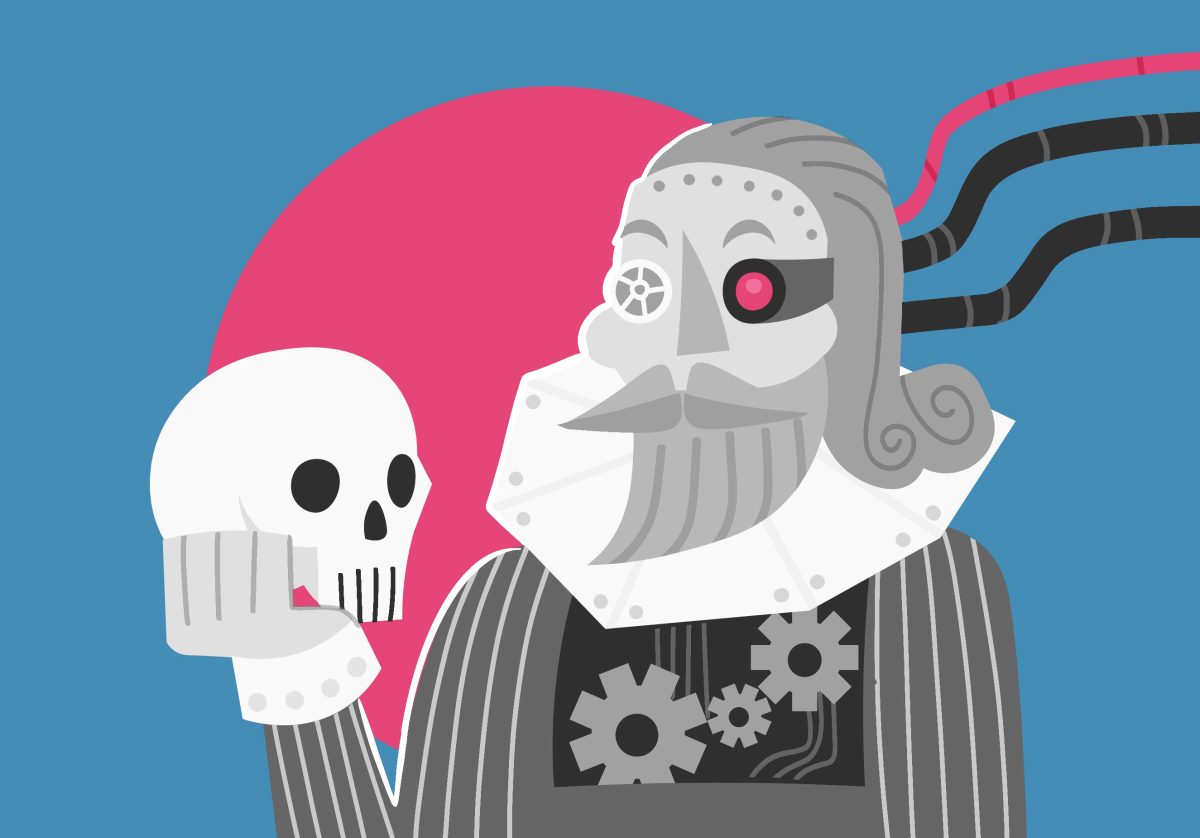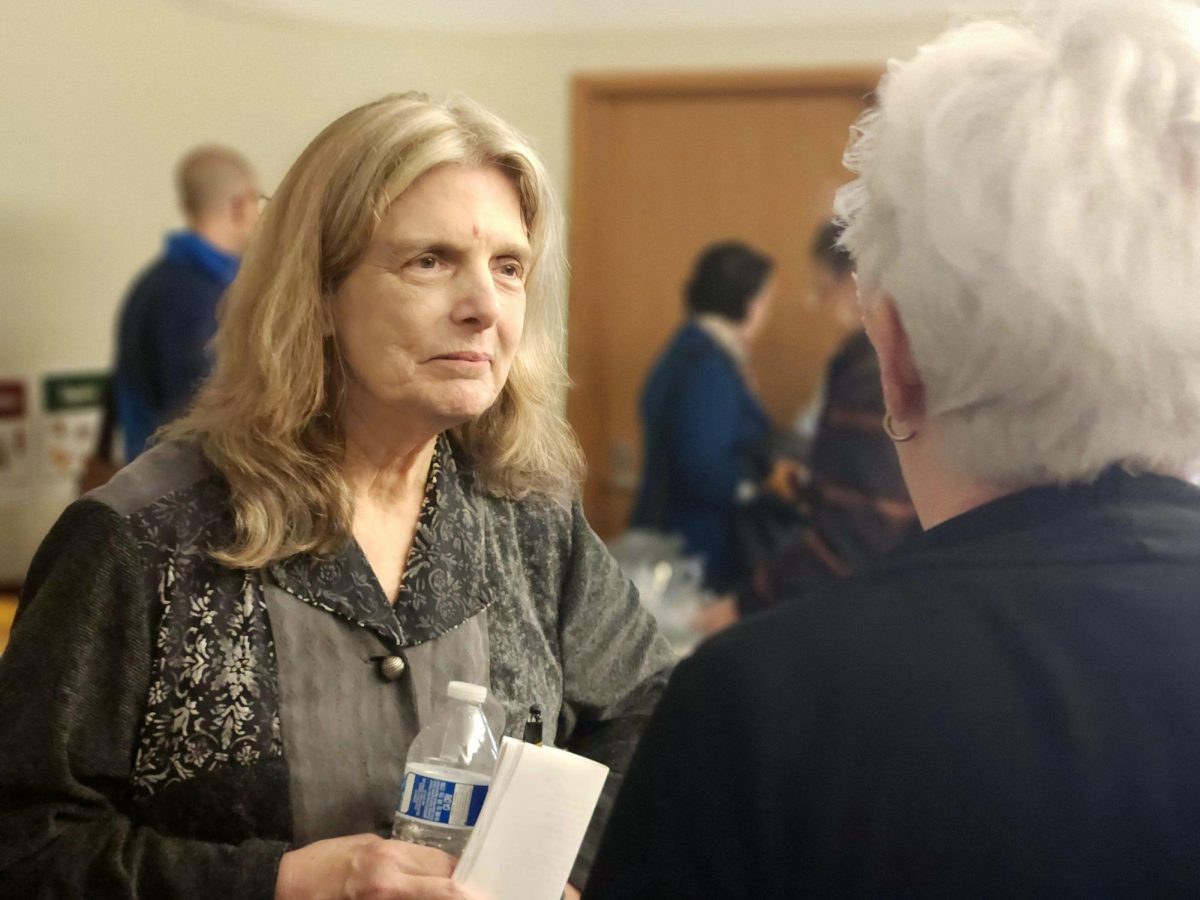University of Minnesota students are balancing schoolwork and other responsibilities this month while observing Ramadan, the holiest month in the Islamic calendar.
Muslims who observe Ramadan abstain from eating and drinking from sunrise to sunset for 30 days and increase praying and community worship. Muslims begin their fast by eating a pre-dawn meal, known as suhoor, and end their fast with a meal known as iftar.
Ramadan, which changes each year with the lunar calendar, can fall during the school year while students are still attending classes. This year, the first day of Ramadan was March 23, and it ends April 20, about two weeks before finals start. For some students, this means they have to balance fasting along with their other commitments.
“There’s an added challenge during Ramadan where some students have classes that are far apart, and they only have 15 minutes to get from one to another,” Andar Farhan, a third-year student, said. “You definitely have to be quick, and it definitely drains my energy out.”
Some students had to make some adjustments to their everyday routines to get their assignments done while still tending to their religious obligations during the month. Since the suhoor meal occurs before dawn, some students only get a couple hours of sleep each night.
“I have 8 a.m. [classes] everyday, and I have been getting to those a little bit later, but my professors have been fairly understanding about it,” Ibrahim Ismail-Adebiyi, a third-year student, said.
For Farhan, Ramadan is a time to focus on religious obligations, so homework is not his top priority. He said his professors give him extensions on assignments and fewer penalties for submitting assignments late.
Some students, like third-year student Abdullahi Nor, said not having to worry about eating allows them to get more tasks done during the day.
“Majority of the time, I feel energized and can focus more on my studies,” Nor said. “When the breaking of the fast is near, I don’t have to worry about school because I’ve spent the majority of the day doing work and studying for my exams.”
Nor said he maintains his normal sleep schedule and tries to not stay up past midnight, but if he has time to catch up on sleep, he will take a 30-minute nap during the day.
“I make sure that when I’m sleeping, I have my homework done,” Nor said. “If I have no homework, I like to relax and make sure my mind is set so I can finish the day strong.”
Nothing stops Nor from fasting during Ramadan, even assignments that require more energy to complete. He reached out to his professors about Ramadan and what he would like them to do to make studying easier, such as providing extensions on assignments.
“There should be a balance between doing acts of worship and school, and I think people are very supportive of that,” Nor said.
Ramadan creates an empowered community
Students often go to community events to spend time with other Muslims and worship as a group. One space students go to is the Al-Madinah Cultural Center (AMCC), a student organization that serves the Muslim student population and has their own room in Coffman Union.
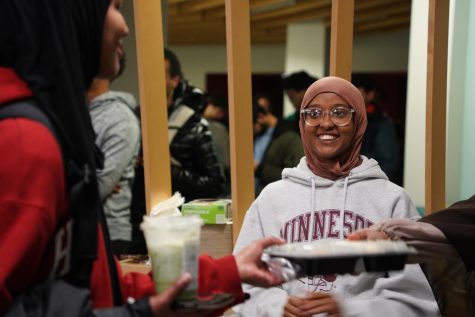
During Ramadan, the organization hosts iftars and prayers every weekday along with community bonding events, which aim to bring the University Muslim student population together. Nor said being with the Muslim community during Ramadan shows how supportive it is.
“Knowing that another brother and sister is doing it with me is a sense of empowerment, that we’re all in this together,” Nor said. “The Muslim student population is increasing every year, and it makes me happy to break the fast and the room’s packed with people.”
Ismail-Adebiyi said living in Yudof Hall has been very convenient during Ramadan because he can cook iftar in the kitchen and not have to worry about going to a dining hall to get food before it closes. He also said Yudof’s thick walls make it easier for him to sleep undisturbed during different parts of the day.
“I get home around 10 p.m., and that’s when I’m going to cook dinner,” Ismail-Adebiyi said. “Especially since we’re allowed to have air fryers, it’s very convenient. This morning I tossed a fish in the air fryer and then called it a day.”
Community is an important part of observing Ramadan, and observing it with friends makes it fun, according to Nor.
“I’ve gotten to know more people this Ramadan than any other Ramadan, because I would go home for previous Ramadans or go to a local mosque to break my fast,” Nor said. “I’ve gotten to know people who are just like me and they’re my age, so it’s pretty fun.”



